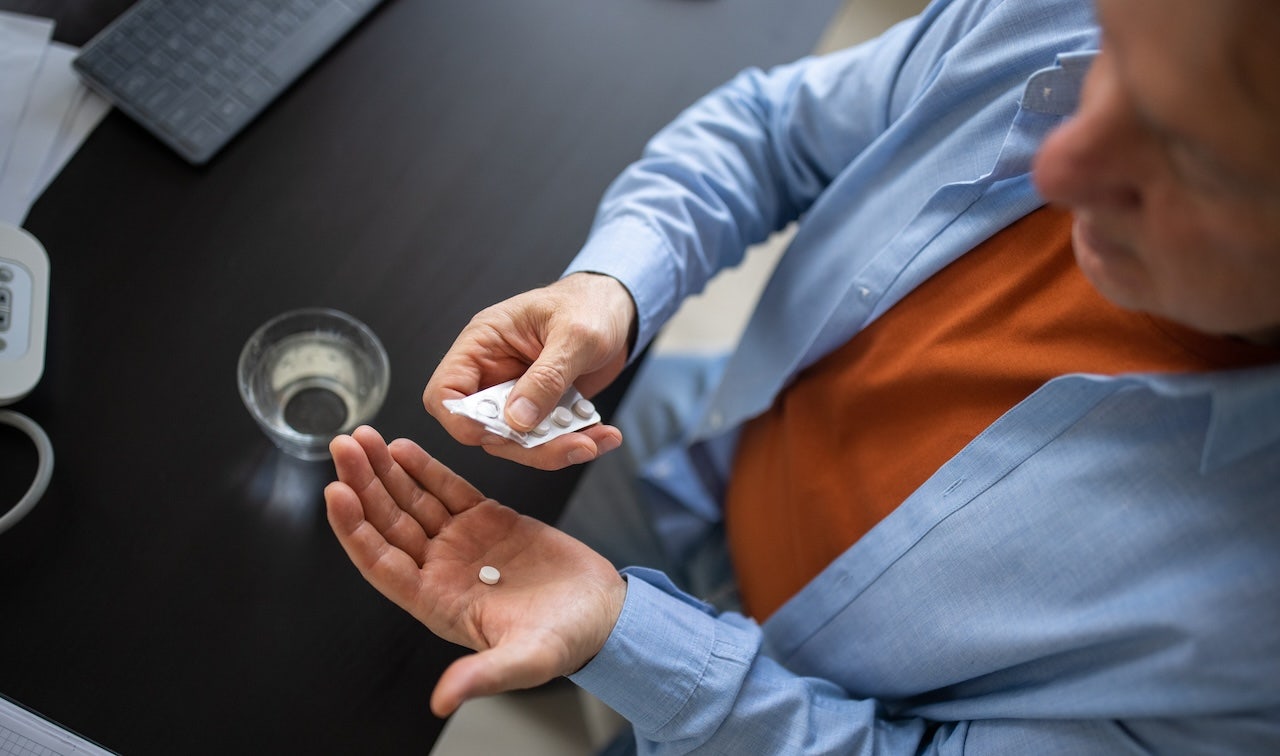Positive people came through COVID better than others: new study

New research has confirmed what many have suspected all along – having a positive outlook on life can help individuals navigate difficult times with greater ease. A recent study published in Frontiers in Psychology found that people with a more positive outlook not only fared better during the COVID-19 pandemic but also showed stronger resilience during lockdowns compared to individuals who were more serious in nature.
The study, led by Xiangyou “Sharon” Shen of Oregon State University, highlighted the importance of playfulness as a resource for building resilience and maintaining well-being in challenging times. According to Shen, playfulness is a characteristic that can be developed and cultivated, offering individuals a way to creatively navigate adversity.
Chronic stress, which has been a significant public health concern, is linked to a range of health issues such as heart disease, diabetes, depression, and anxiety. Shen emphasized that playfulness and humor, along with expressions of love and happiness, can increase oxytocin in the brain – a hormone that lowers blood pressure, reduces stress levels, and improves overall health.
Dr. Marc Siegel, Fox News’ senior medical analyst, shared insights on the study, noting that positive emotions can help counteract negative emotions such as fear, anxiety, and worry. He highlighted the importance of infusing everyday activities with quality and enjoyment, as demonstrated by individuals who were more playful during the pandemic.
The study, which involved over 500 U.S. adults, divided participants into two groups based on their level of playfulness. Those with higher levels of playfulness demonstrated greater optimism, engaged in more creative problem-solving, and found ways to create moments of joy even in difficult circumstances.
Shen and her colleague Zoe Crawley found that while highly playful individuals didn’t necessarily engage in different activities or do them more often than less playful individuals, they experienced these activities with higher quality and greater positivity. This ability to make the best of challenging situations, known as “lemonading,” was a key factor in their resilience.
The researchers emphasized the importance of regularly setting aside time for play, even if it’s just 5 to 10 minutes a day. This small dose of play can make a meaningful difference in one’s well-being and resilience, providing a safe space to express creativity and positivity.
In conclusion, the study underscores the value of playfulness as a tool for coping with stress and uncertainty, particularly in the face of global challenges like the COVID-19 pandemic. By embracing a more positive and playful mindset, individuals can enhance their resilience, improve their overall health, and find joy even in difficult circumstances.




